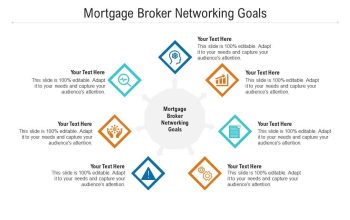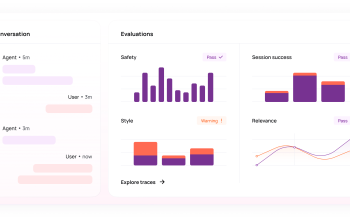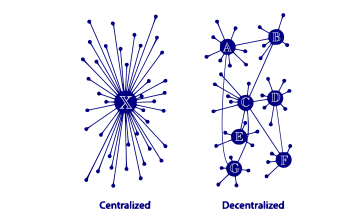The internet is an indispensable part of our lives. From work to school to entertainment, we can’t function without a quality internet connection. However, the types of internet connection you choose will have an impact on the quality and speed of your connection. There are many benefits and disadvantages of each type of connection, and your choice depends on your needs. Read on for more information about each type of internet connection and what it can do for you.
Before you buy an internet connection, make sure to know what it is. Different types of internet connections have different speeds and bandwidth. If you’re looking for a faster connection, opt for the fastest option. However, if you live in a rural area, you may not have the option of selecting a faster connection. In such a case, you should look for a different provider. Here are a few things to consider when choosing your internet connection type.
The most common and widely used type of internet connection is cable internet. This type uses coaxial cables to send data. Once connected, users can plug in their computers and routers and begin using the Internet. This type of internet connection also allows for wireless connections. But cable internet may not be the best choice for homes in rural areas. You may find yourself in a situation where a wireless internet connection would be more reliable. This is why it is important to research the various types of internet connection before making a final decision.
Broadband refers to high-speed internet connections. They offer continuous connection and are faster than dial-up systems. Broadband speeds are up to 25 Mbps download and 3 Mbps upload according to an FCC report. Broadband is available in wireless and wired form, depending on where you live. It is best for businesses and homes that require speed. Broadband speeds vary from location to location, so choose the type of connection that will suit your needs.
Businesses can choose from residential and business broadband connections. Residential broadband services are generally cheaper than business internet connections, but they can’t deliver enough upload speeds for business purposes. Business internet connections are typically more reliable, include extra features, and are a better value. They also offer support and uptime. This is why a business should choose a business internet connection. They also give you more flexibility. You should know your budget and your requirements before choosing an internet connection.
Cable broadband is best for moderate to heavy use. This type of connection is ideal for households with adult work at home and children who attend school online. Cable internet providers have adapted to new networking technologies and can now provide gigabit service with hybrid Fiber-Coaxial cable networks. Comcast and Spectrum are the leading US cable internet providers. This type of connection can range up to 400 Mbps in some neighborhoods. There are many benefits to cable internet, so it’s worth considering.




